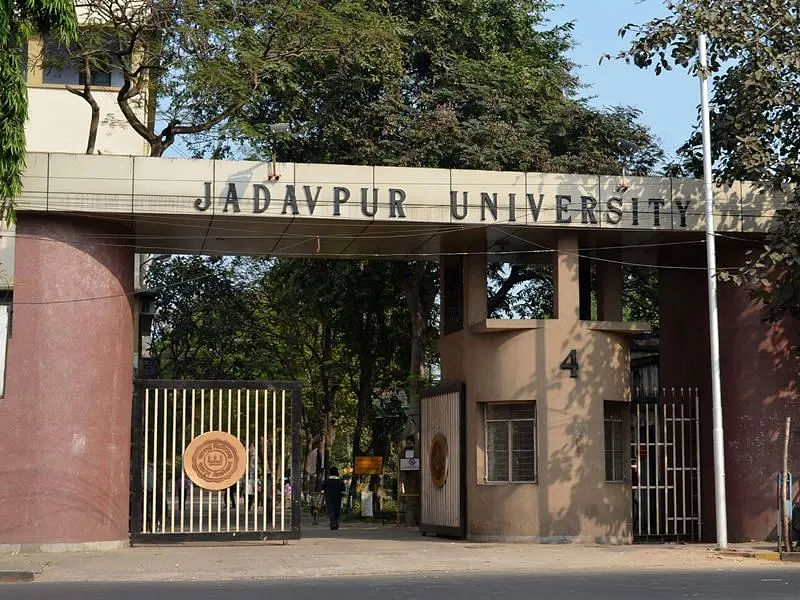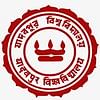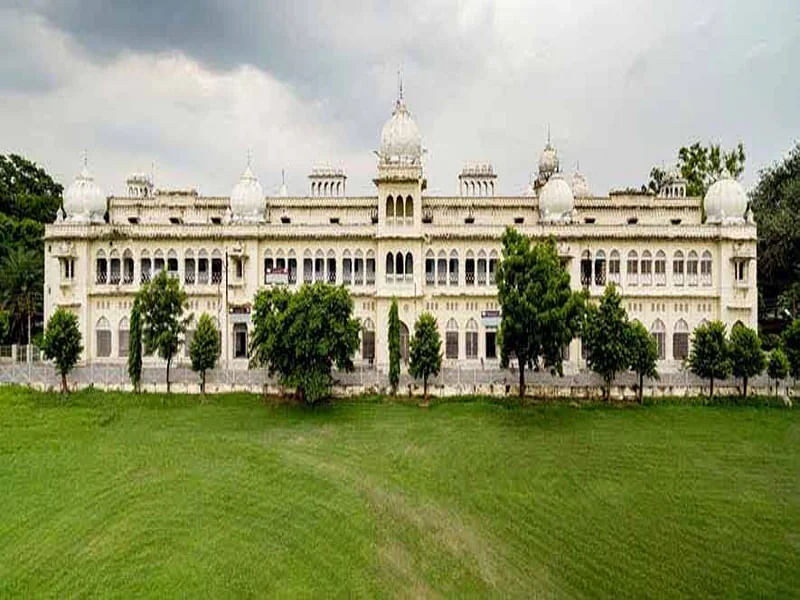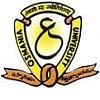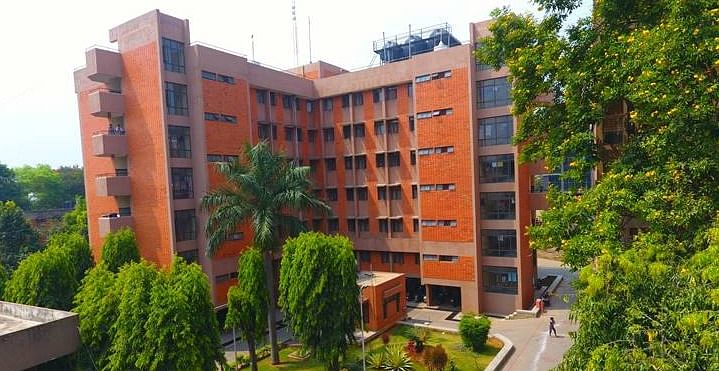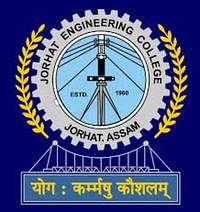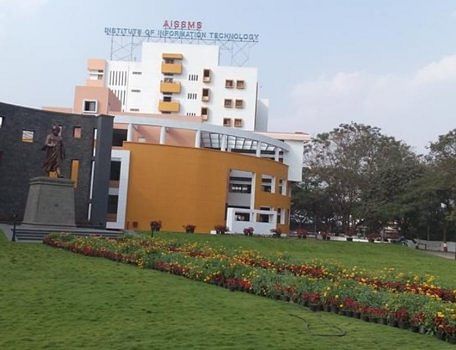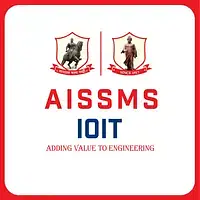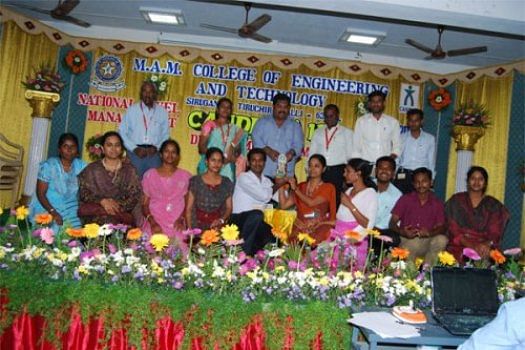BE Instrumentation Engineering: Course Details, Eligibility, Fees, Admission

The BE in Instrumentation course is a four-year-long bachelor's degree that deals with learning about basic engineering principles for automated Systems, Control Systems, and other equipment used for different industrial purposes. The aspirants can obtain jobs such as Instrumentation Engineer, Assistant Engineer, and many more.
BE Instrumentation Engineering Course Details
| Degree | Bachelors |
| Full Form | Bachelor of Engineering Instrumentation |
| Duration | 4 Years |
| Age | Minimum 17 years old |
| Minimum Percentage | Minimum 50 % in HSC |
| Average Fees | ₹50K - 5 LPA |
| Similar Options of Study | BE Mechanical Engineering, BE Production Engineering |
| Average Salary | INR 2.5 - 6 LPA |
| Employment Roles | Instrumentation Engineering, Assistant Engineering |
| Top Recruiters | Reliance Industries, Oil India Ltd, Honeywell, National Instruments |
About BE Instrumentation
This course is designed to provide major insights into the measurement and helps the subjects in the spectrum to provide candidates a substantial knowledge about principles required for handling automated systems The course falls under the umbrella of the Bachelor of Engineering course.
According to Wikipedia “Instrumentation and control engineering is a branch of engineering that studies the measurement and control of process variables, and the design and implementation of systems that incorporate them. Process variables include pressure, temperature, humidity, flow, pH. Instrumentation engineering is the science of the measurement and control of process variables within a production or manufacturing area."
Table of Contents
- BE Instrumentation Eligibility Criteria
- BE Instrumentation Admission Procedure
- Popular BA Instrumentation Entrance Exams
- Top BE Instrumentation Colleges
- Fees Structure for BE Instrumentation
- Syllabus and Subjects for BE Instrumentation
- Why Choose BE Instrumentation?
- Preparation Tips for BE Instrumentation
- Scope of Higher Education after BE Instrumentation
- BE Instrumentation Salary
- Career Options After BE Instrumentation
- Skills to Excel
Eligibility Criteria for BE Instrumentation
BE Instrumentation admission is given to only those candidates who meet the eligibility requirements. Eligibility for the BE Instrumentation course depends on the respective colleges but in general, Most of the BE Instrumentation colleges in India require students to have a minimum of 50% aggregate in 10+2. Students have to be a minimum of 17 years old for this course. Students must also give the required entrance exam for the course.
How To Get Admission in BE Instrumentation?
Before knowing the Bachelor of Engineering instrumentation colleges, one should know how to get admission. It can be availed with entrance exams depending on the college. The admissions can be done by both online and offline methods. Once the student gets the confirmation from the university/college the candidate needs to pay up the course fees, and admission is granted by the faculty.. Mentioned below is the admission process in general:
How to Apply?
As per guidelines, applications for admissions can be availed either from the University website or by visiting the admissions office of the same. To apply for a BE Instrumentation degree course, students must make sure that they fulfill the eligibility criteria to get admission to be instrumentation. After that fill the registration form by providing the required details. The course details will be there on the website too.
Selection Process
Admission is strictly offered to only those students who clear the eligibility criteria of minimum aggregate. The list of selected candidates for the BE Instrumental can be informed through the college’s official website or will be informed via email regarding the result and the further admission process.
Popular Entrance Exams for BE Instrumentation
To apply for BE Instrumentation, entrance exams are mandatory for admission. Based on the performance in the written test, which is the qualifying exam, the short-listed candidates shall appear for an interview. The most common exams that most candidates apply to are as follows:
A Quick Glance at the BE Instrumentation Entrance Exam
BE Instrumentation course eligibility is that students must take the exam that the colleges undertake. Based on the performance in the written test, which is the qualifying exam, the short-listed candidates shall appear for an interview. Given below is the general entrance exams pattern for the students:
- Students must ensure that they fulfilled all the required qualifications to ensure eligibility.
- All test papers will be entirely objective.
- It is a Computer Based Test (Online)
- There are around 82 Questions -150 questions in the exams
- 4 marks for every correct answer
- -1 for every wrong answer, and 0 for every unattempted question
Top 10 BE Instrumentation Colleges in India
Admission to the course is easily possible if the aspirants ensure that they meet the eligibility requirements. Students can choose various colleges based on the college’s specialization. The list below is of private BE Instrumentation colleges in India as well as BE Instrumentation government colleges in India. Some of them are listed below:
|
SI NO. |
Name of Colleges |
|
1 |
|
|
2 |
|
|
3 |
|
|
4 |
|
|
5 |
|
|
6 |
|
|
7 |
|
|
8 |
|
|
9 |
|
|
10 |
Fee Structure for BE Instrumentation
BE Instrumentation course fees range from INR 50,000 - 5 LPA. BE Instrumentation fees structure depend on the college or university. One can get more BE Instrumentation course details on their website. It is based on the type of facilities they provide. Below listed are the fees of the course:
|
SI. NO. |
Name of the Institute |
Average Course Fee |
|
1 |
Jadavpur University, Kolkata |
INR 30,000 PA |
|
2 |
Lovely Institute of Technology, Punjab |
INR 1.8 LPA |
|
3 |
Government College of Engineering, Maharashtra |
INR 6,000 PA |
|
4 |
Vishwakarma Institute of Technology, Pune |
INR 1.5 LPA |
|
5 |
Dr DY Patil Institute of Technology and Engineering, Pune |
INR 85,000 PA |
|
6 |
Assam Engineering College, Guwahati |
INR 9,500 PA |
|
7 |
Bharati Vidyapeeth College of Engineering, Mumbai |
INR 95,000 PA |
Syllabus and Subjects for BE Instrumentation
The full form of BA instrumentation is Bachelor of Engineering Instrumentation. In this course, students need to decide on a subject topic out of the offered ones and that they will be evaluated at the end of the course. Thus, a subject of analysis is chosen as per the student’s interest. The course delivery strategies within the program embody discussions, displays, room performance, assignments, attending, and seminars.
Listed below are some of the popular subjects that are taught to the students:
- Engineering Physics
- Engineering Mathematics I
- Chemistry of Engineering Material
- Computer Programming in C
Read More About BE Instrumentation Syllabus and Subjects
Why Choose BE Instrumentation?
Students often think about the details of the subject before choosing the course. Before deciding on a career, students might come across this question, "Why choose to BE Instrumentation?” To clearly understand answers to these questions, we have framed the following three pointers:
What is BE Instrumentation All About?
BE Instrumentation is an important and helpful course that provides comprehensive job openings in various fields of Engineering. BE instrumentation course duration is 4 years and it is in the spectrum to provide candidates a substantial knowledge about the discipline of the production process. BE Instrumentation is a graduate course that elaborates more on Industry-specific problem-specific skills. The course is pursued because the present Industrial age has emancipated the use of types of equipment at a higher rate.
What Does a BE Instrumentation Graduate Do?
The BE Instrumentation course is designed to award graduates in several education streams. Candidates who are interested in pursuing this course will get a greater amount of exposure to the area of interest. While some professions are centered on theory, BE Instrumentation graduates can use the practicality of the subject.
Trainee Instrumentation Engineer: The role of a Trainee Instrumentation Engineer is to support in-house factory acceptance test activities and to assist in validation documentation. It also involves assisting in other activities as instructed by the Reporting Manager.
Reasons Why BE Instrumentation Can Fetch You a Rewarding Career?
This course is to create more emphasis on the basic engineering principles for automated Systems, Control Systems, and other equipment used for different industrial purposes and give substantial knowledge about the discipline of the production process.
Career Scope and Options: The graduates can work as Manager Controls, Instrumentation Engineer Instrumentation, Design Engineer, and so on. BE Instrumentation courses have various job opportunities that are available at the foundation level in which essential on-the-job training is provided to the candidates, to ensure every part that is included in the process can be learned by the candidate.
Read More About BE Instrumentation Jobs
Preparation Tips for BE Instrumentation
Some of the course preparation tips for the BE Instrumentation course are listed below:
Know The Syllabus And Exam Pattern: To prepare well for the entrance exams the students should be aware of the exam pattern, syllabus, type of questions, and the books to get the knowledge that is required.
Practice Question Papers: Practice by solving all previous years’ papers to understand the type and the patterns of questions asked. It also helps to improve and prepare for the day of the exam.
Take Mock Tests: Solving a lot of mock tests can help graduates gain accuracy and speed.
Prepare Time Table: In advance, Finish preparation. This will ensure that the students will have enough time for revision of the content.
Scope For Higher Education
After completion of BE Instrumentation, the candidates can choose to take up jobs or can continue with even higher studies. An additional degree in the same field improves job opportunities. The graduates can specialize in specific areas in the Subject. Some higher education options are:
Salary of a BE Instrumentation Graduate
The average BE Instrumentation University in India freshers salary according to Payscale is INR 2.5 - 6 LPA. The salaries and annual earnings depend on the specific kind of practice and performance, expertise, and other related aspects. Students can further change this salary by obtaining a higher education and experience.
Read More About BE Instrumentation Salary
Career Options After BE Instrumentation
After completion of the duration of BE Instrumentation course, graduates are able to find a suitable career. The graduates can find a job in both the private and public sectors. It offers a job in the various fields of Engineering. Some job roles offered to BE Instrumentation graduates are:
- Manager
- Controls and Instrumentation Engineer
- Instrumentation Design Engineer
- Electrical Electronics Instrumentation Engineer
- Technical Support Engineer
- Lead Instrumentation & Control Engineer
Skills That Make You The Best BE Instrumentation Graduate
Some people are passionate about engineering and want to take it up professionally in the future. BE Instrumentation is meant to make it possible for students with the help of its wide-ranging and deep subject material. Some required skills are:
- Analytical Skill
- Critical Thinking Skill
- Communication Skill
- Ability to Manipulate Precise and Intricate ideas
| Top Trending B.E Courses | |
| BE Computer Science | BE CSE |
| BE Mechanical Engineering | BE IT |
| BE Civil Engineering | BE Biomedical Engineering |
| BE Computer Engineering | BE Biotechnology |
Check other important BE Courses
